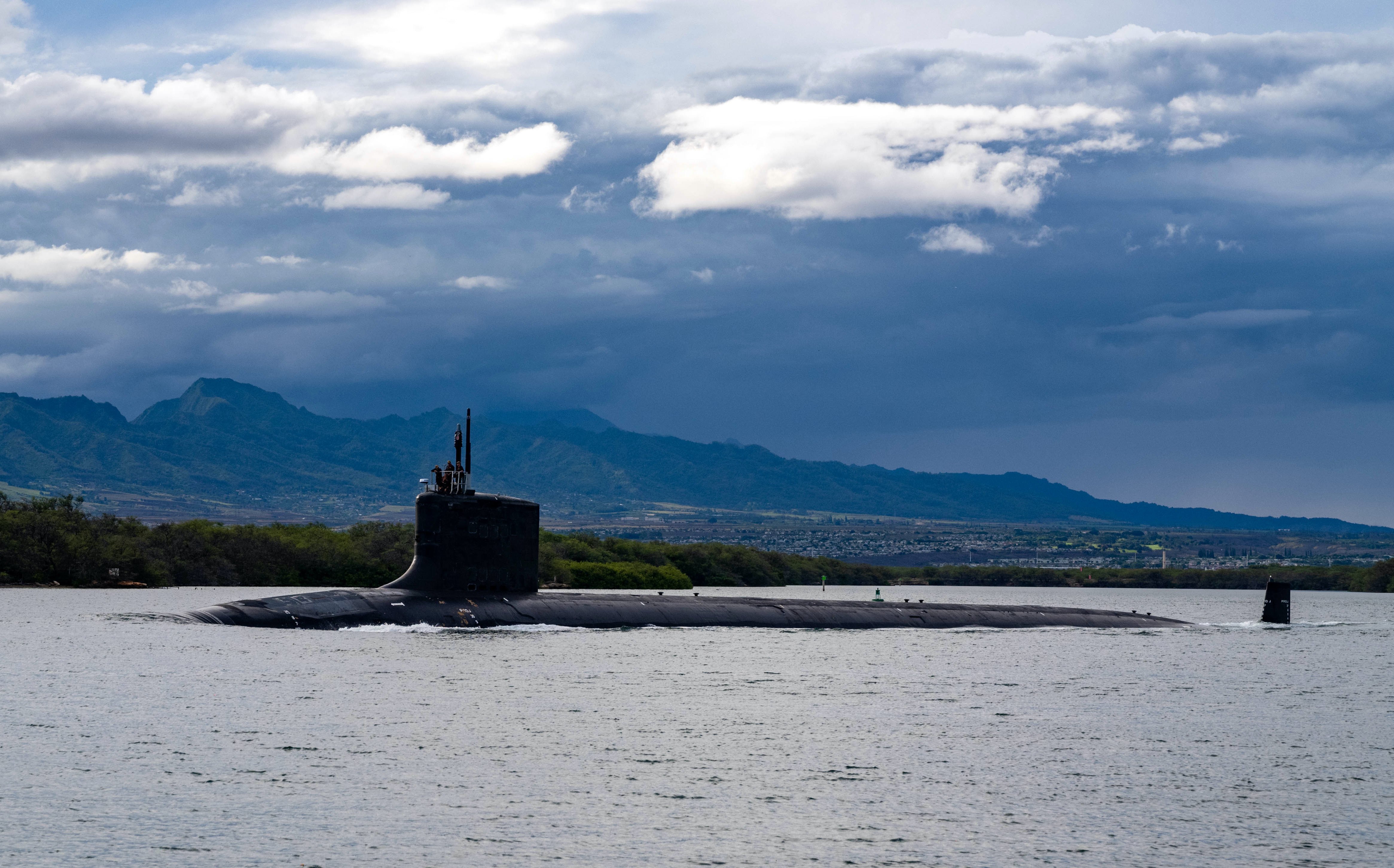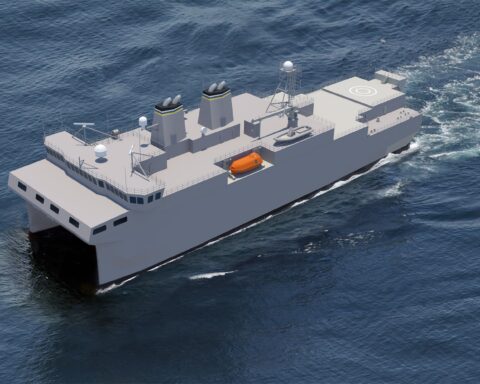The following is from the Aug. 29, 2022, Congressional Research Service report, Navy Shipboard Lasers: Background and Issues for Congress.
From the report
This report provides background information and issues for Congress on shipboard solid state lasers (SSLs) that the Navy is developing for surface-ship self-defense. The Navy’s proposed FY2023 budget requests continued research and development funding for these efforts.
The Navy installed its first prototype SSL capable of countering surface craft and unmanned aerial vehicles (UAVs) on a Navy ship in 2014. The Navy since then has been developing and installing additional SSL prototypes with improved capability for countering surface craft and UAVs. Higher-power SSLs being developed by the Navy are to have a capability for countering anti-ship cruise missiles (ASCMs). Current Navy efforts to develop SSLs include
- the Solid State Laser Technology Maturation (SSL-TM) effort;
- the Optical Dazzling Interdictor, Navy (ODIN);
- the Surface Navy Laser Weapon System (SNLWS) Increment 1, also known as the high-energy laser with integrated optical dazzler and surveillance (HELIOS); and
- the High Energy Laser Counter-ASCM Program (HELCAP). The first three SSL efforts listed above are included in what the Navy calls the Navy Laser Family of Systems (NFLoS).
The issue for Congress is whether to modify, reject, or approve the Navy’s acquisition strategies and funding requests for shipboard laser development programs. Decisions that Congress makes on this issue could affect Navy capabilities and funding requirements and the defense technology and industrial base.
Download the document here.





